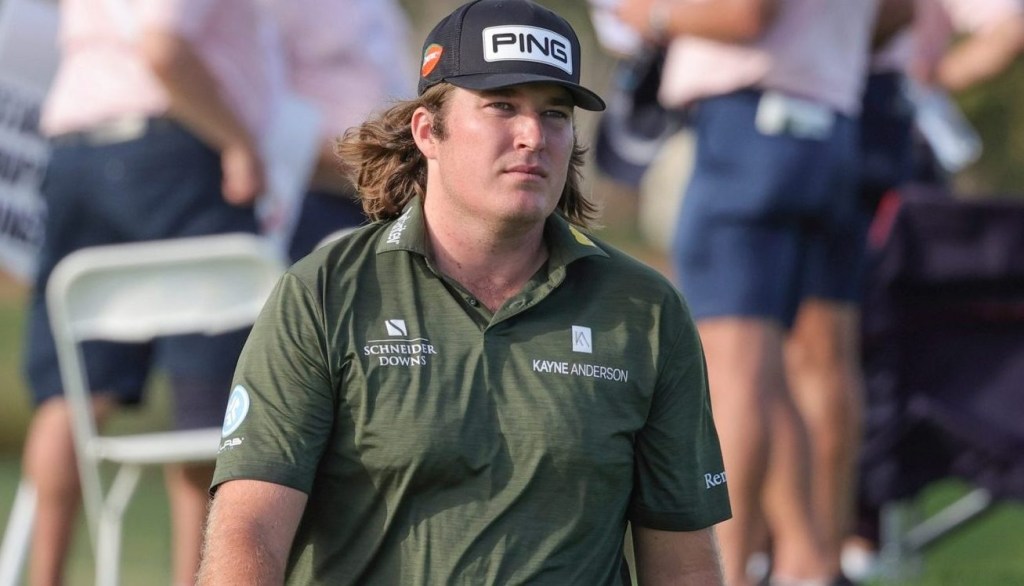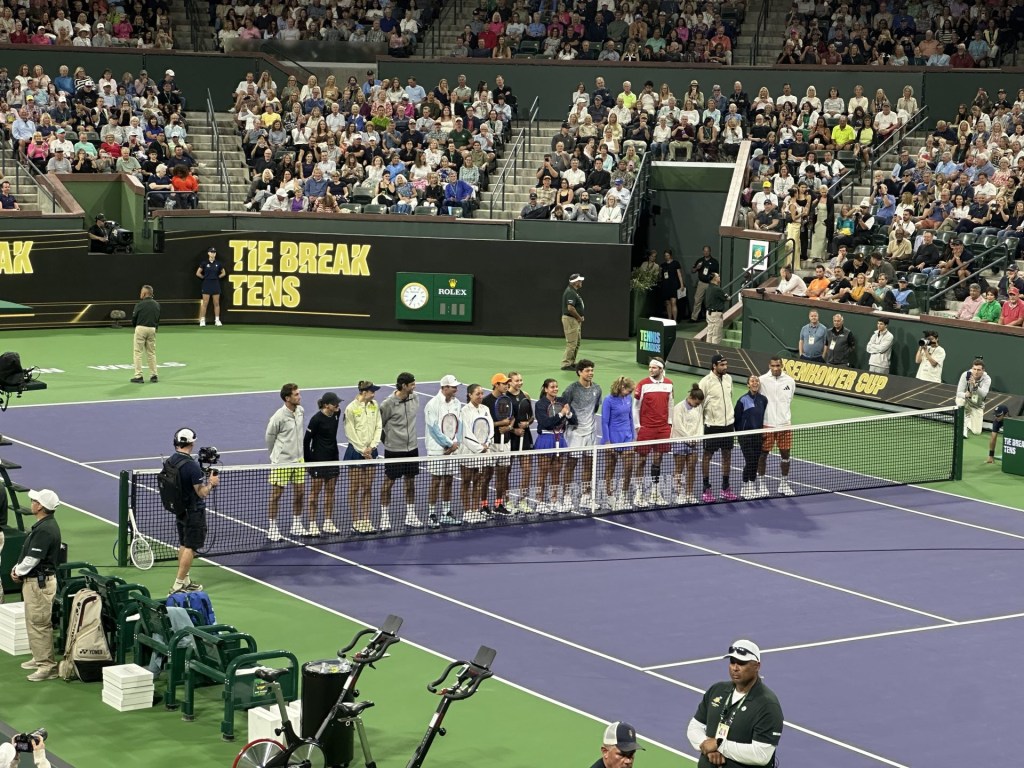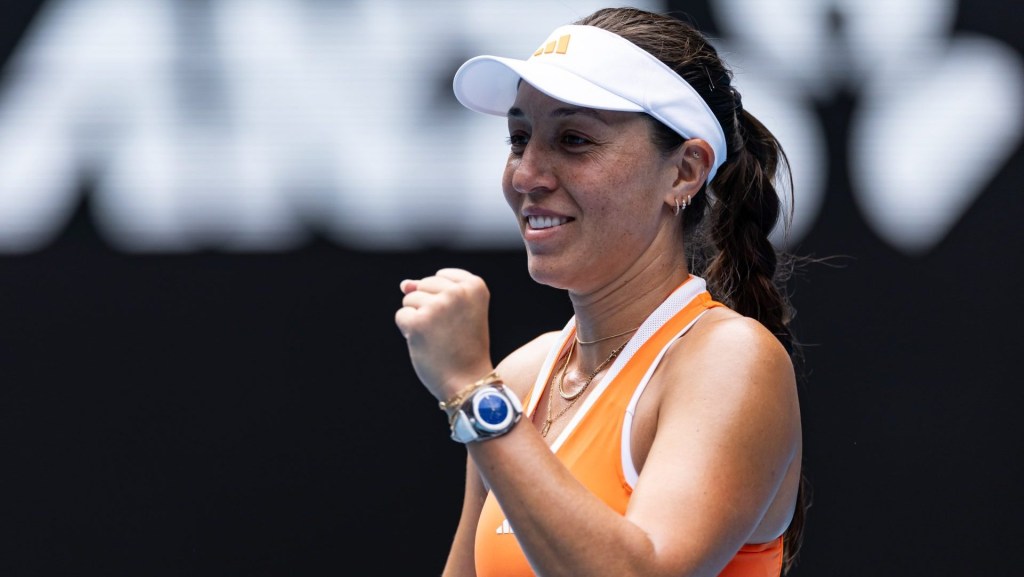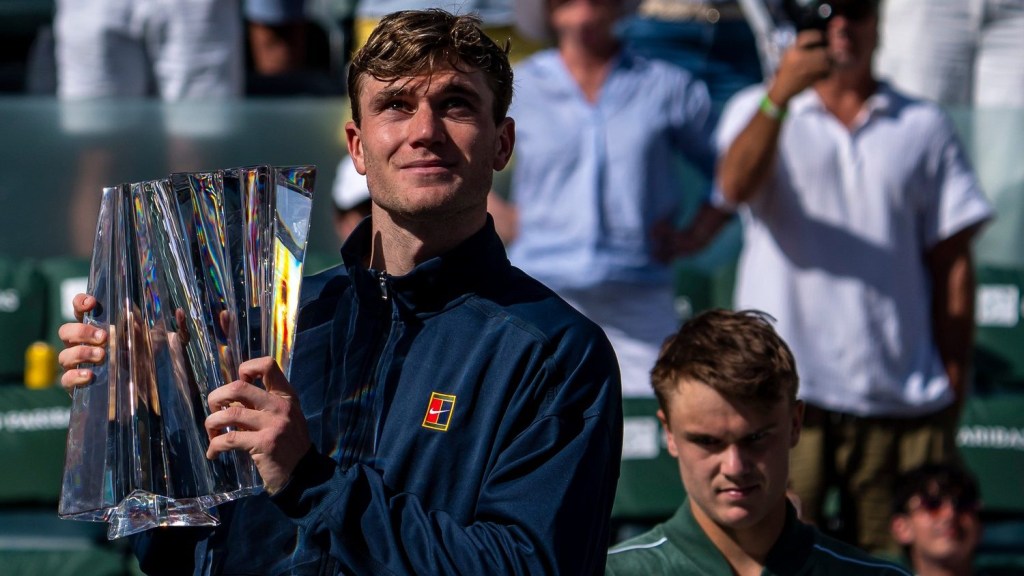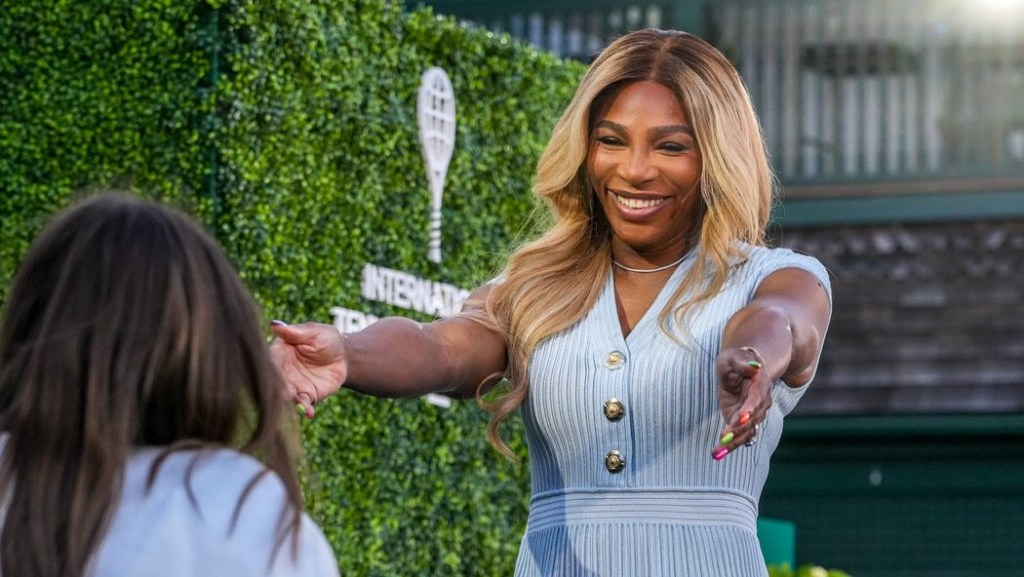New York Liberty forward Breanna Stewart returned to action Monday night after missing 13 games with a bone bruise on her right knee.
While her return to the court was critical for the Liberty, who have slid to the No. 5 seed in a late-summer swoon, the injury did come with one upside: It let her attend a crucial meeting between the WNBA and the players’ union earlier this month as negotiations over the collective bargaining agreement reach a boil.
The league and WNBPA have held multiple meetings since the All-Star break. Players are not typically available to meet in person due to the demands of their schedule.
The session Stewart attended was “about two hours” the two-time MVP said Thursday.
“What was good was just to be able to have a back and forth a little bit,” Stewart said. “[Hearing] their situation but also how as players we just want to be valued. We want to know our worth. You see all these numbers coming in—at the time Connecticut was supposedly selling for $350 million. The numbers aren’t adding up. We’re going to stay strong on what we’re asking for.”
Stewart continued saying she was direct, telling the other side what the players want is “non-negotiable.” A divide remains between both sides on the issue of revenue sharing, as players want their salaries to rise in concert with league revenue. That is the salary structure that the NBA and NFL have agreed to with their players’ unions, while the last WNBA CBA, agreed to in early 2020, laid out a fixed salary-cap number that rose by 3% per year.
The league has exploded in popularity since then.
Asked whether or not she felt heard, Stewart replied that she was hopeful what she communicated was heard.
“The significance is two-fold,” union executive director Terri Carmichael Jackson told Front Office Sports of Stewart’s presence at the meeting. “To have player leadership in the room whether it’s our first session or at some point during the midpoint of negotiations—if that’s what this turns out to be—the ability for the other side to hear directly from a player who makes it clear that she speaks not for herself personally but as a vice president in this union on behalf of the members makes the league sit up straight. Even straighter and pay attention.”
“They are knowledgeable about this business and what it will take to get a transformational CBA done,” Jackson said. “That is the goal.”
Previously, Storm forward Nneka Ogwumike had said that league commissioner Cathy Engelbert had told her that “there’s this perception that the players don’t understand the business.”
The sides have until October 31 to agree to a new CBA. Once source familiar with negotiations told FOS that an extension—which would have to be agreed to by both parties—will likely be necessary.
During her All-Star address, Engelbert said an extension could be used, like 2019, if both sides are engaged in productive negotiations. After the 2019 season, the league and union agreed to extend the deadline by 60 days from October 31 to December 31. A new CBA was reached in January.
On Nov. 1 if there is not a new CBA and an extension isn’t agreed to, there are two types of work stoppages that could occur.
A lockout would be initiated by league owners and would bar players from team facilities until a new CBA was agreed upon. A strike would be initiated by the union and would be the players refusing to play games or participate in league activities. Neither scenario would be automatically triggered on Nov. 1; unions often continue working after a CBA expires.
At this point both sides are adamant that they do not want negotiations to impact the 2026 season. However, players have expressed feeling a lack of urgency from the league’s side as of late. Minnesota Lynx forward and WNBPA vice president Napheesa Collier told reporters on Tuesday there is still “a lot” that needs to be done in negotiations and that they’re “not close right now.”
In a statement provided to FOS, the WNBA emphasized their commitment to getting a CBA done, saying they have been meeting with the union “throughout the summer.”
“It doesn’t feel like there’s a sense of urgency,” Stewart said. “That’s the other thing I said to them, ‘Listen, when the playoffs start we want to focus on our teams and be locked in with that. So if you want to have these very important conversations then it’s going to be tough. You can’t blame us for not showing up, because we’re trying to show up on the court.”
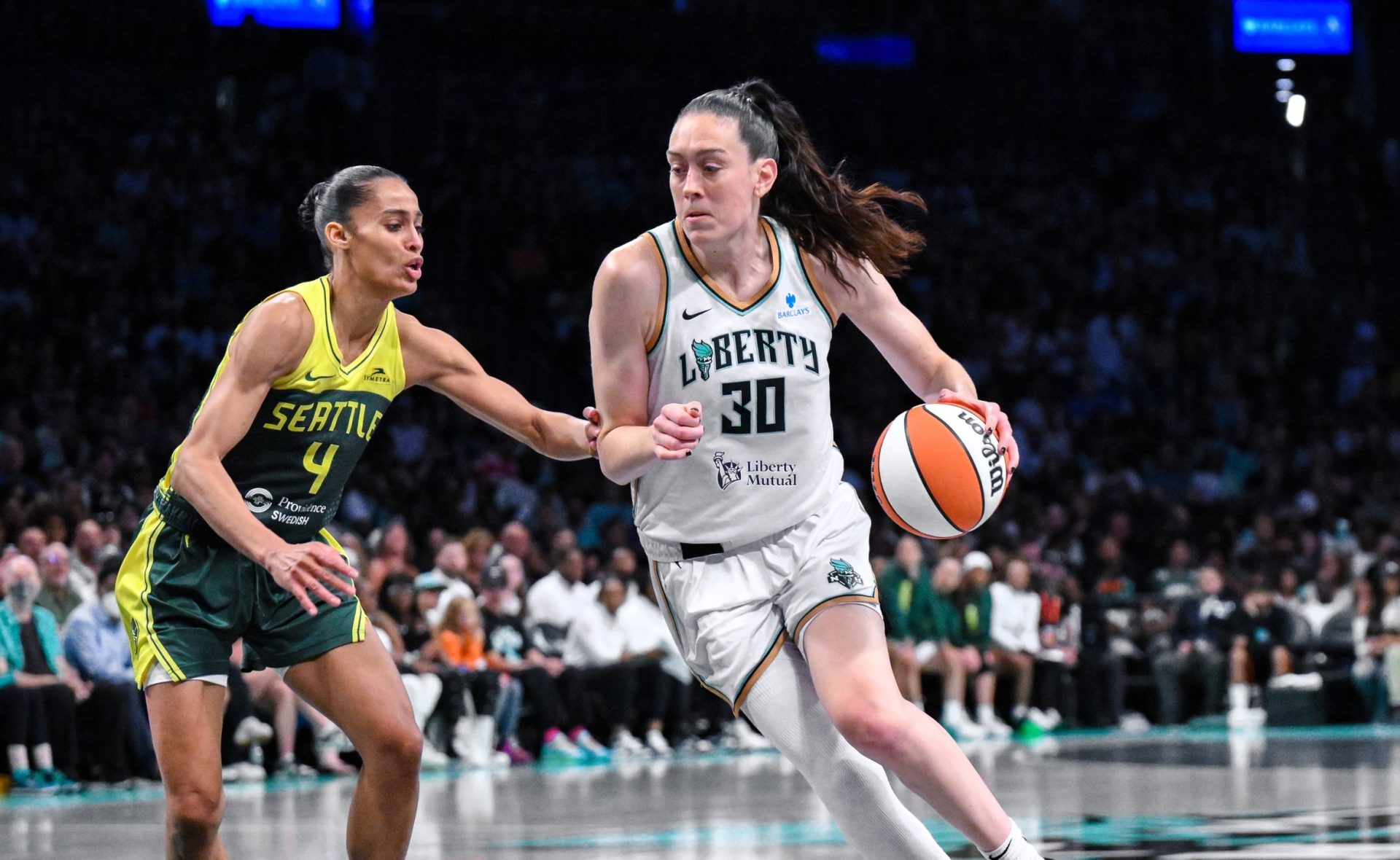
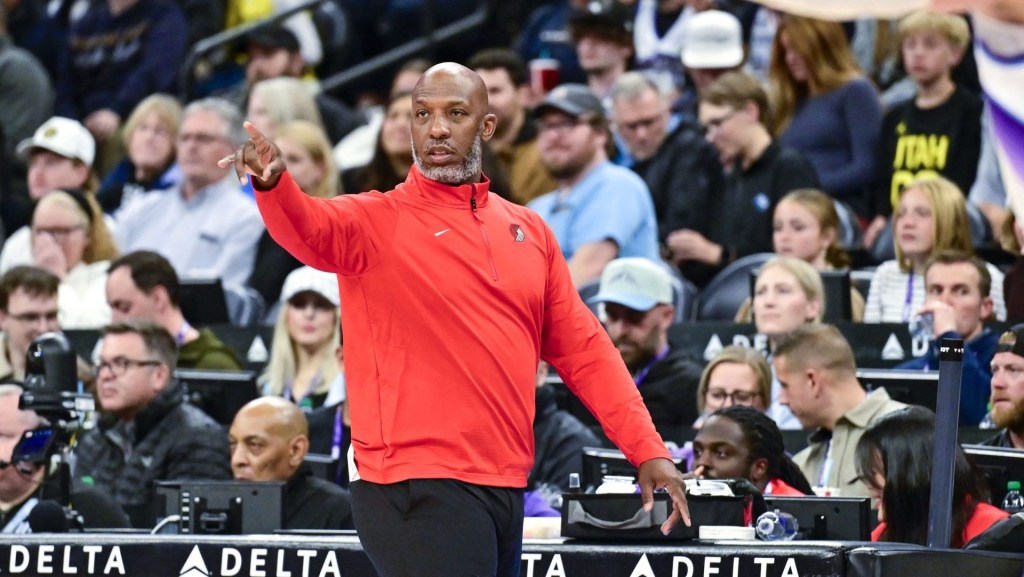
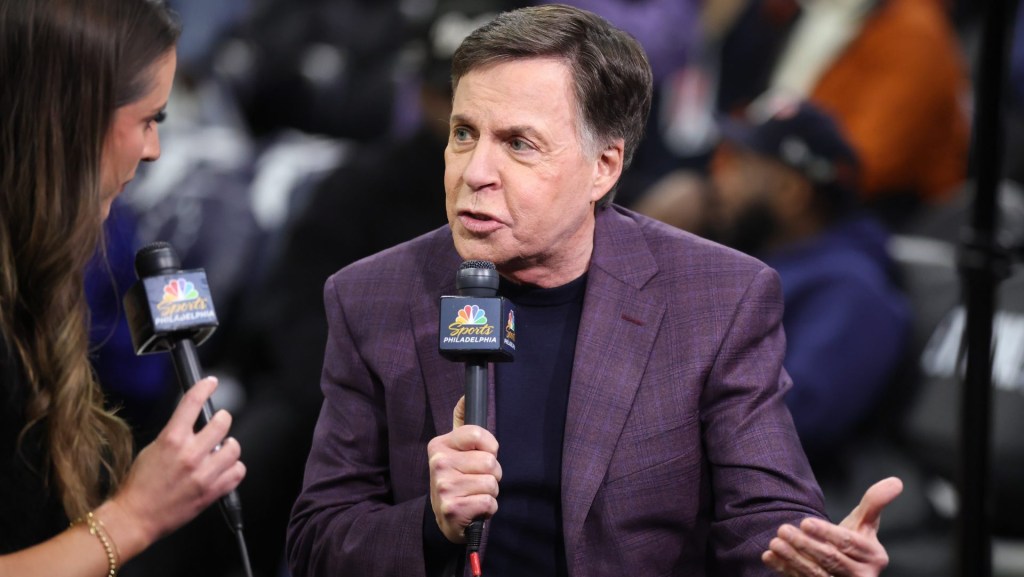
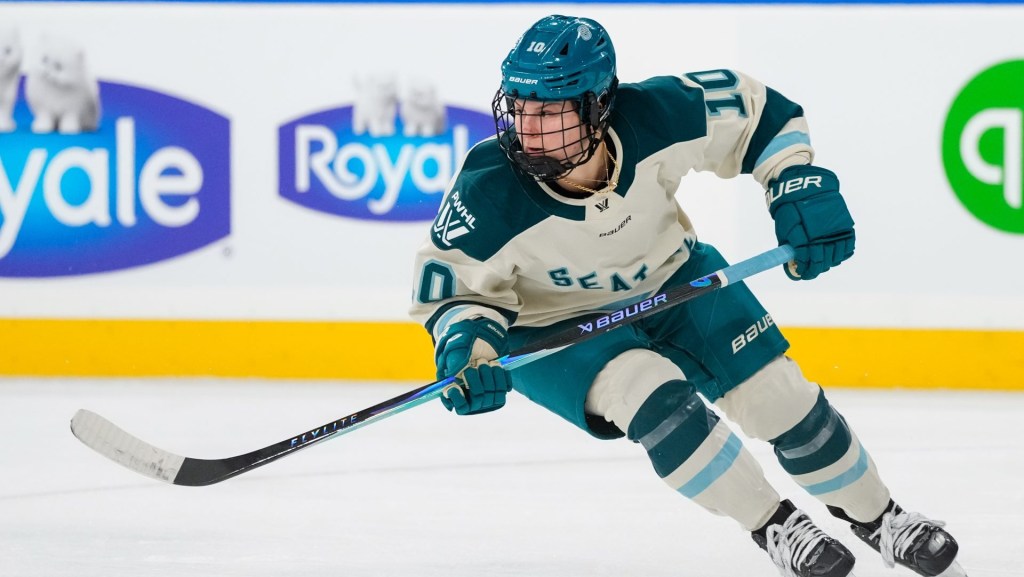



![[Subscription Customers Only] Jun 15, 2025; Seattle, Washington, USA; Botafogo owner John Textor inside the stadium before the match during a group stage match of the 2025 FIFA Club World Cup at Lumen Field.](https://frontofficesports.com/wp-content/uploads/2026/02/USATSI_26465842_168416386_lowres-scaled.jpg?quality=100&w=1024)
![[Subscription Customers Only] Jul 13, 2025; East Rutherford, New Jersey, USA; Chelsea FC midfielder Cole Palmer (10) celebrates winning the final of the 2025 FIFA Club World Cup at MetLife Stadium](https://frontofficesports.com/wp-content/uploads/2026/02/USATSI_26636703-scaled-e1770932227605.jpg?quality=100&w=1024)
